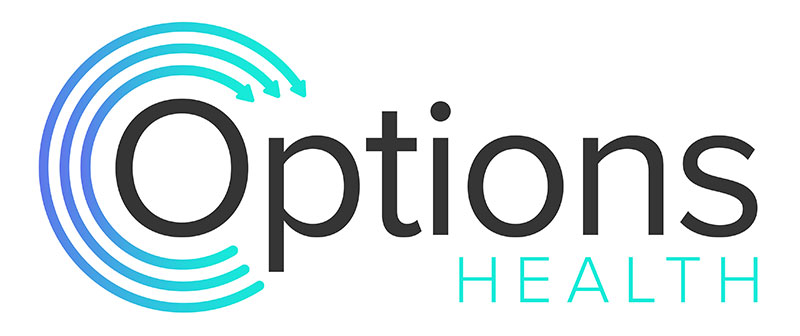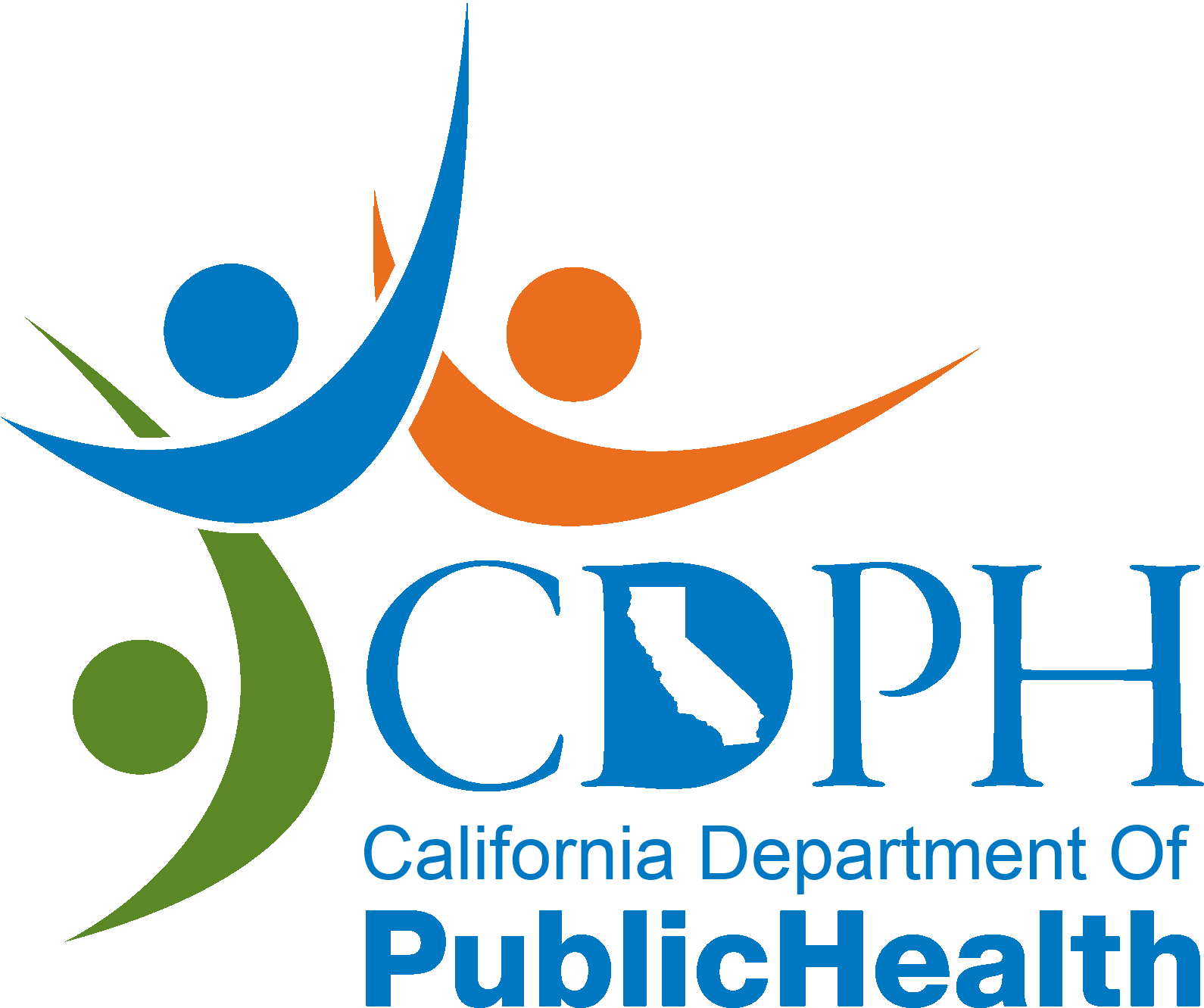When it comes to sexual health, it’s helpful to understand the difference between sexually transmitted infections (STIs) and sexually transmitted diseases (STDs). Knowing what these terms mean can help you make informed choices and get the care you need if you’re concerned about your health. At Options Health, we offer free testing for chlamydia and gonorrhea, and we’re here to provide you with support and guidance.
What’s the Difference Between STIs and STDs?
You may have heard both terms used, but they mean slightly different things:
- Sexually Transmitted Infections (STIs): An STI occurs when a virus, bacteria, or parasite is transmitted from one person to another through sexual contact. The infection may not cause symptoms right away, or ever, in some cases. However, you can still carry the infection and transmit it to others, even if you feel fine.
- Sexually Transmitted Diseases (STDs): When an STI progresses and starts causing symptoms or health issues, it’s often referred to as an STD. Not every infection will develop into a disease; for example, some people with HPV (human papillomavirus) may never experience symptoms or health complications. When symptoms appear, the STI can then be classified as an STD.
In short, STI refers to the presence of the infection, often before symptoms develop, while STD indicates the infection has caused noticeable symptoms.
Common STIs and STDs
Some of the most common STIs include:
- Chlamydia
- Gonorrhea
- HPV (Human Papillomavirus)
- Herpes
- HIV/AIDS
- Syphilis
Each of these infections can have unique symptoms, and while some can be cured with medication, others (like herpes and HIV) are manageable but cannot be cured.
What to Do if You Think You Might Have an STI
If you’re worried that you may have been exposed to an STI, or are experiencing symptoms, taking action is the best way to protect your health. Here are some steps you can take:
- Recognize Possible Symptoms
Some common symptoms of STIs include unusual discharge, itching, burning during urination, sores or blisters in the genital area, and lower abdominal pain. Keep in mind, however, that many STIs are asymptomatic, so it’s important to get tested even if you don’t have symptoms. - Get Tested
The only way to know for sure if you have an STI is to get tested. Options Health offers free, confidential testing for chlamydia and gonorrhea. Testing is quick and straightforward. Many STIs are easier to treat when caught early, so don’t hesitate to come in if you have any concerns. - Avoid Sexual Contact Until You Know for Sure
If you think you might have an STI, it’s best to avoid sexual activity until you’ve been tested and received results. This can help prevent spreading the infection to your partner(s). - Seek Treatment if Necessary
If you test positive, follow your healthcare provider’s instructions for treatment. Some infections, like chlamydia and gonorrhea, can be treated with antibiotics. It’s also essential to notify your sexual partner(s) so they can be tested and treated as well. - Practice Safe Sex
Using condoms or other barrier methods every time you have sex is one of the best ways to prevent STIs. Regular testing and open communication with your partner(s) are also key to maintaining your sexual health.
How Options Health Can Help
If you’re concerned about a potential STI or have questions about sexual health, Options Health is here to help. We provide free, confidential testing for chlamydia and gonorrhea and offer resources to support you in protecting your health. Our caring team can guide you through the next steps, answer any questions, and connect you with treatment options if necessary.
Taking charge of your sexual health is an empowering step, and you’re not alone. Whether you need testing, have questions about prevention, or just want information, we’re here for you.
Contact Options Health today to learn more about sexual health, STI testing, and how to protect yourself.



